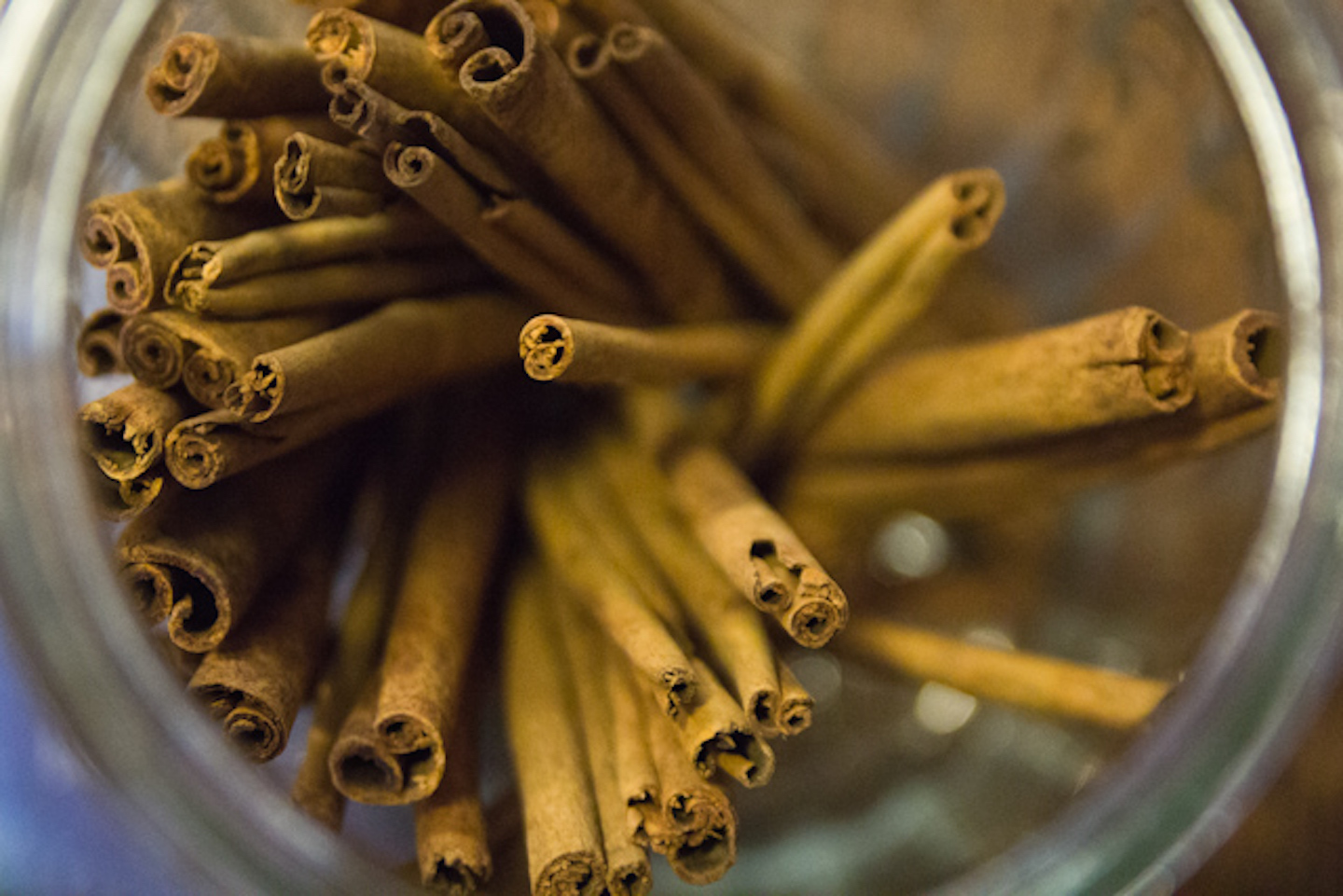
Cinnamon, a spice revered for its aromatic allure and medicinal properties, has been a staple in traditional remedies across cultures. However, its relationship with headaches and migraines is multifaceted. This guide aims to explore the potential benefits and pitfalls of cinnamon concerning head-related ailments.
1. The Healing Properties of Cinnamon
Cinnamon is not just a kitchen staple; it’s a powerhouse of health benefits, some of which can be linked to alleviating headaches.
- Anti-Inflammatory Qualities: Cinnamon is rich in antioxidants that possess anti-inflammatory effects. Inflammation is a common cause behind many headache types, making cinnamon a potential natural remedy.
- Blood Flow Enhancement: Improved blood circulation can often alleviate headache symptoms. Cinnamon’s warming effect is believed to enhance blood flow, especially to the outer regions of the body.
- Natural Analgesic: Some studies suggest that cinnamon can act as a natural painkiller, potentially reducing the intensity and duration of headaches.
2. When Cinnamon Becomes the Culprit
Despite its potential benefits, cinnamon can also be a headache or migraine trigger for some.
- Sensitivity to Cinnamaldehyde: This compound, predominant in cinnamon, can cause headaches in individuals sensitive to it. It’s especially prevalent in the cheaper Cassia variety of cinnamon.
- Allergies and Intolerances: Some individuals might have an undiagnosed allergy or intolerance to cinnamon, leading to symptoms like headaches upon consumption or inhalation.
- Overconsumption Concerns: Excessive intake of cinnamon, especially the Cassia variety, can lead to coumarin toxicity. Headaches, along with other symptoms, can manifest in such cases.
3. Recognizing and Responding to Symptoms
Understanding and responding to your body’s reactions is crucial.
- Observation is Key: Maintain a diary to note when you consume cinnamon and if and when a headache follows. This can help establish or rule out a link.
- Allergy Tests: If you suspect an allergy, consider undergoing an allergy test. It can provide clarity and guide dietary choices.
- Alternative Cinnamon Sources: If you’re keen on retaining cinnamon in your diet, consider switching to the Ceylon variety, which has lower coumarin levels.
4. Expert Recommendations and Precautions
Navigating the cinnamon-headache conundrum can be easier with expert insights.
- Moderation Matters: As with most foods, moderation is key. Even if you’re not sensitive to cinnamon, it’s wise to consume it in reasonable amounts.
- Stay Informed: Some processed foods and drinks might contain cinnamon as a hidden ingredient. Being aware can help you make informed choices.
- Seek Professional Guidance: If you experience severe or frequent headaches after cinnamon consumption, it’s essential to consult a healthcare professional. They can offer tailored advice and potential alternatives.
Frequently Asked Questions
1. Can cinnamon actually help in reducing headaches?
Yes, cinnamon has anti-inflammatory properties and can improve blood circulation, both of which can potentially alleviate certain types of headaches. However, its effectiveness can vary from person to person.
2. Why do some people get headaches after consuming cinnamon?
Some individuals might be sensitive to a compound called cinnamaldehyde found in cinnamon. Others might have an undiagnosed allergy or intolerance to cinnamon, leading to headaches upon consumption or even inhalation.
3. Is there a specific type of cinnamon that’s more likely to cause headaches?
The Cassia variety of cinnamon, which is more commonly available, contains higher levels of cinnamaldehyde and coumarin. Individuals sensitive to these compounds might experience headaches more frequently with Cassia cinnamon compared to the Ceylon variety.
4. How can I determine if cinnamon is the cause of my headaches?
Maintaining a food diary can be helpful. Note down when you consume cinnamon and observe if a headache follows. If you see a consistent pattern, it might indicate a link. For a definitive answer, consider consulting a healthcare professional or undergoing an allergy test.
5. Are there any other symptoms to watch out for if I suspect I’m allergic to cinnamon?
Apart from headaches, an allergic reaction to cinnamon can manifest as skin rashes, digestive issues, or respiratory problems. If you suspect an allergy, it’s crucial to seek medical attention and consider undergoing an allergy test.
6. Can the smell of cinnamon also trigger headaches?
Yes, for individuals who are highly sensitive or allergic, even the aroma of cinnamon can trigger headaches or migraines.
7. Is there a recommended dosage of cinnamon to avoid overconsumption?
While cinnamon is safe for most when consumed in culinary amounts, excessive intake, especially of the Cassia variety, can lead to coumarin toxicity. It’s best to consume cinnamon in moderation and consult with a healthcare provider if you’re considering it as a supplement.
8. Are there any natural remedies that can be used alongside cinnamon to alleviate headaches?
Yes, other natural remedies like peppermint oil, ginger, and chamomile tea have been known to help with headaches. However, it’s essential to ensure that combining these with cinnamon doesn’t exacerbate symptoms.
Conclusion
Cinnamon’s relationship with headaches is intricate, with the spice being both a potential remedy and trigger. By staying informed and attentive to your body’s signals, you can make the best choices for your health.
Note: This article offers a detailed perspective based on current knowledge. However, individual experiences may vary, and it’s always best to seek professional medical advice for persistent or severe symptoms.
Blog Tags for the Post:
Cinnamon, Headaches, Migraines, Cinnamaldehyde, Ceylon Cinnamon, Cassia Cinnamon, Natural Remedies, Dietary Triggers, Allergies, Traditional Medicine.









